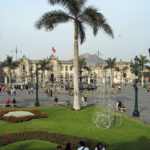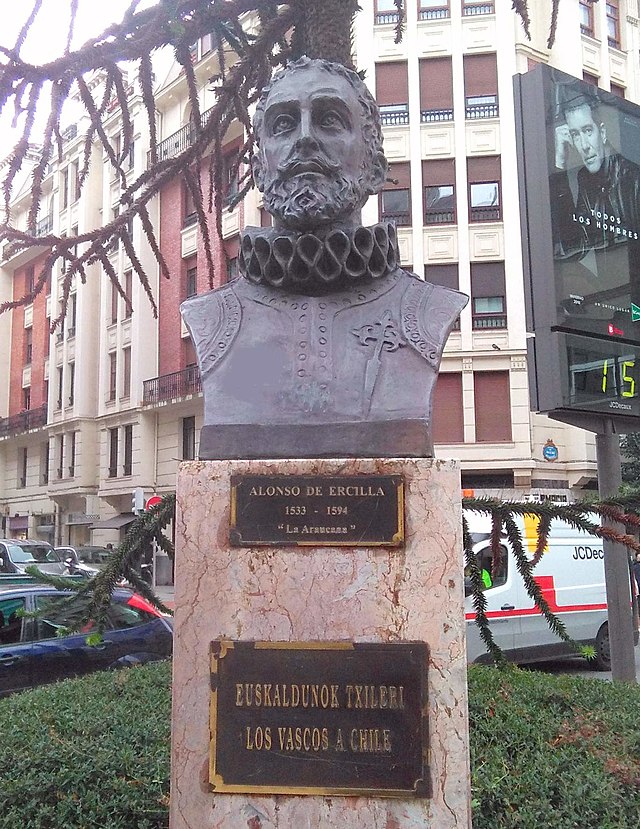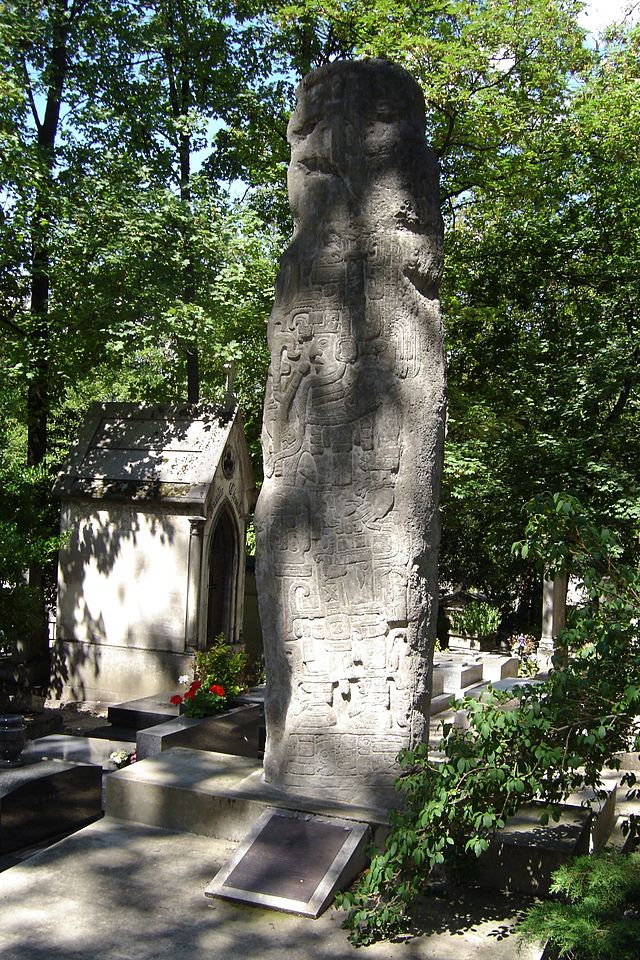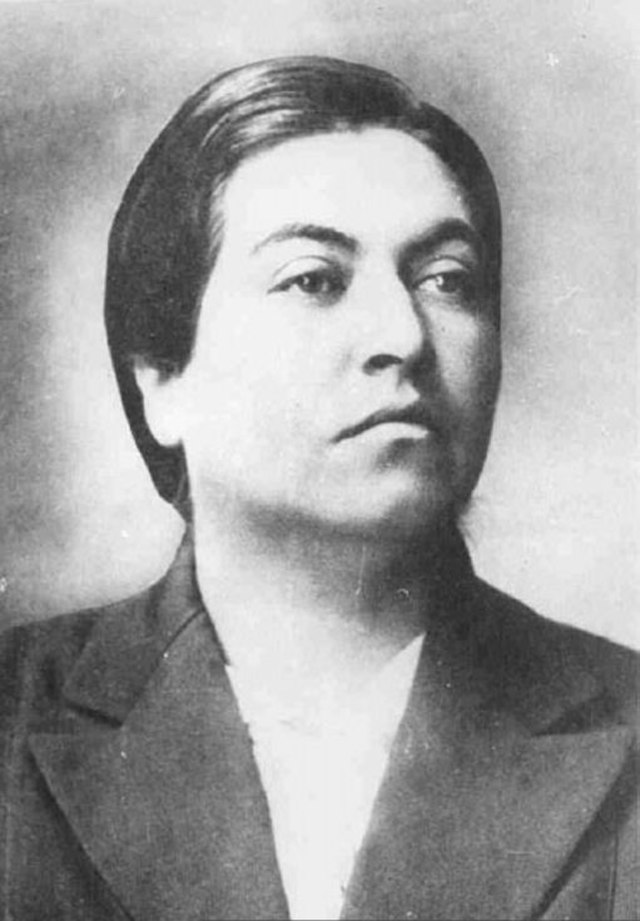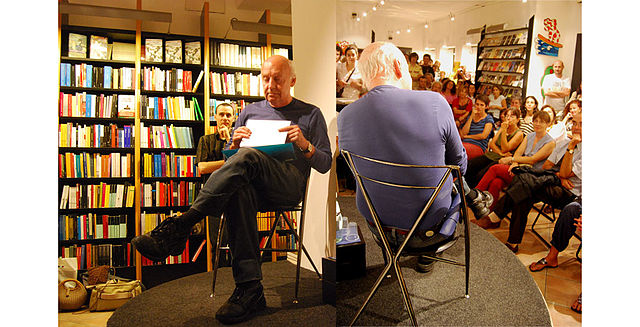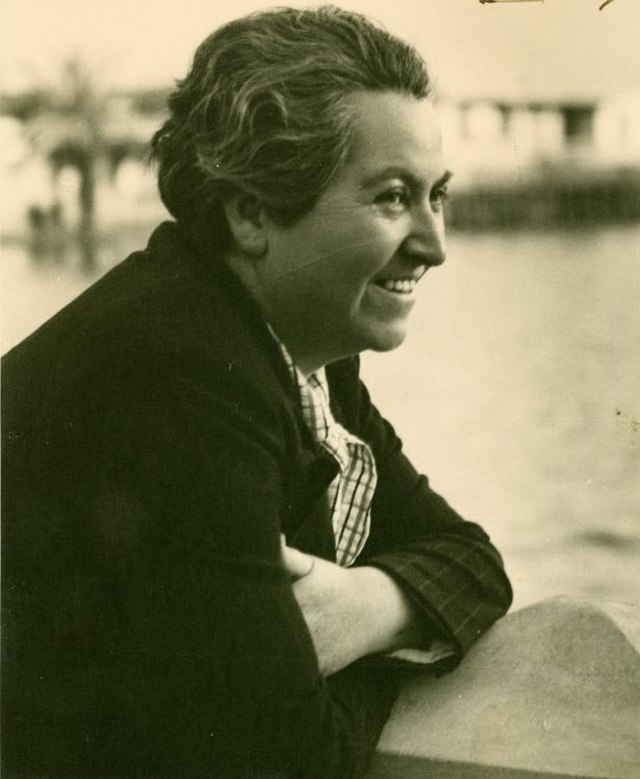The colonized period in Latin America witnessed the rise of a remarkable group of authors whose literary contributions continue to inspire and captivate readers even today. These gifted writers fearlessly explored the complexities of identity, resistance against colonial powers, cultural heritage, and the socio-political realities of their time. Through their works, they shed light on the struggles, resilience, and vibrant cultural tapestry of Latin America.
One such influential figure was Sor Juana Inés de la Cruz, a Mexican nun and poet who defied the patriarchal norms of her era. Sor Juana’s poetry challenged societal structures and delved into themes of love, spirituality, and the oppression faced by women. Her verses became a testament to the strength and intellectual prowess of women during a time of male dominance.
José Martí, a Cuban intellectual, journalist, and poet, emerged as a passionate advocate for Cuban independence from Spanish rule. Through his literary contributions, including “Ismaelillo” and “Versos Sencillos,” Martí expressed deep patriotism and a call for unity among the oppressed. His words resonated with the hearts of the people and played a pivotal role in inspiring future generations of Latin American revolutionaries.
The rich cultural heritage and folklore of Latin America found its voice in the works of authors such as Ricardo Palma from Peru. Palma’s collection of stories, titled “Tradiciones Peruanas,” masterfully interwove history, folklore, and imagination. These tales celebrated Peru’s diverse cultural tapestry, preserving the traditions and resilience of its people in the face of colonization.
Gabriela Mistral, a Chilean poet, paid homage to the indigenous roots of Latin America through her enchanting verses. In poems such as “Desolación” and “Ternura,” Mistral celebrated the natural world, motherhood, and the strength of indigenous communities. Her heartfelt and profound connection to the land and its people left an indelible mark on Latin American literature.
Latin American authors also served as incisive critics of the political and social injustices of their time. Gabriel García Márquez, a Colombian writer, utilized the genre of magical realism to unravel the intricate historical, social, and political dynamics of Latin America in his magnum opus, “One Hundred Years of Solitude.” Márquez’s narrative style captured the essence of the continent’s turbulent history, exposing the cyclic nature of power and corruption.
Mexican author Octavio Paz offered a deep analysis of the societal consequences of colonization and modernization in his seminal essay, “The Labyrinth of Solitude.” Paz examined the Mexican psyche and identity in the aftermath of colonialism, shedding light on the challenges faced by individuals within society and the struggles of cultural assimilation.
The legacy of these Latin American authors from the colonized period endures, reminding us of the enduring power of literature to shape our understanding of history, identity, and human experience. Their writings continue to inspire new generations, fostering a deep appreciation for the resilience, creativity, and cultural heritage of Latin America.
As we delve into the struggles and triumphs of these literary giants, we gain invaluable insight into the rich tapestry of Latin American history and the profound impact of their words, which still resonate with readers across the globe. The contributions of these authors stand as a testament to the enduring power of literature and the profound influence it can wield in shaping our understanding of the world.


